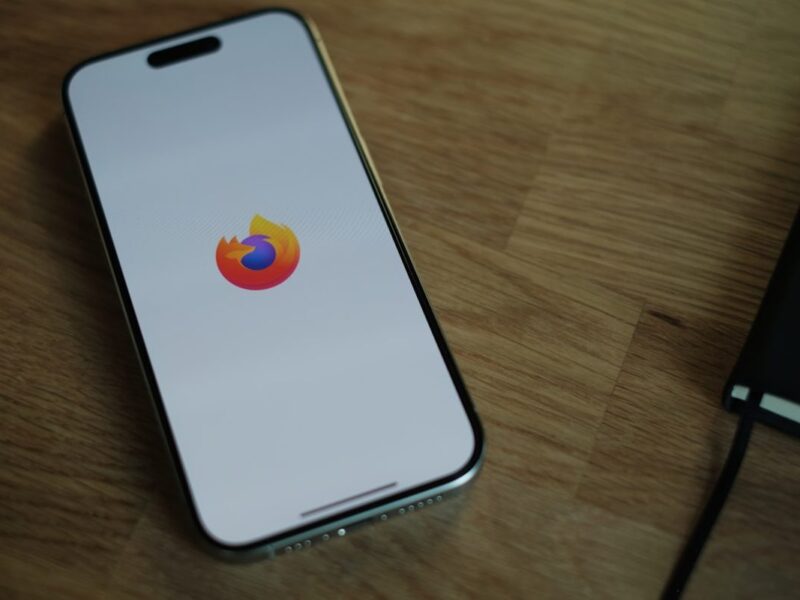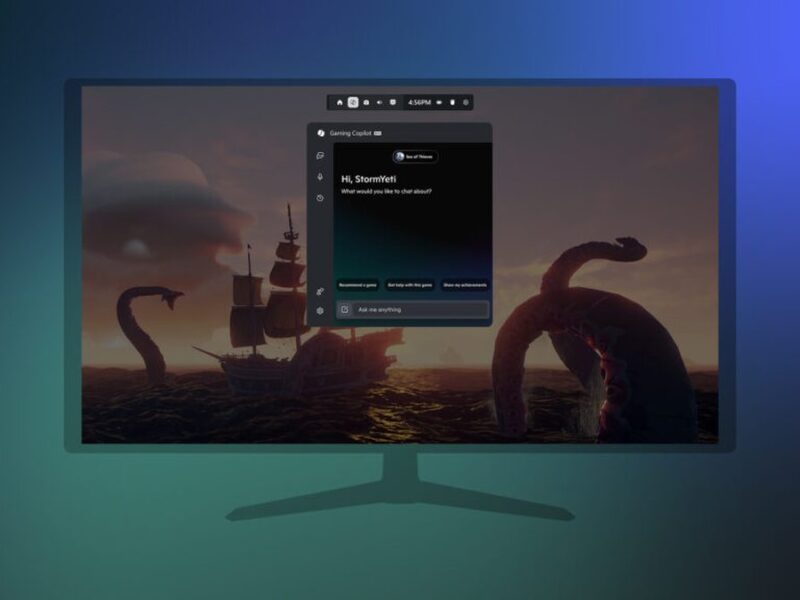
Image by Editor | ChatGPT
# Introduction
Sometimes it feels like agentic AI is just AI that’s taken an improv class and now won’t stop making its own decisions. Trying to more accurately define agentic AI can feel like explaining jazz to someone who’s never heard music. It’s part autonomy, part orchestration, and 100% guaranteed to make you question who’s actually running the show.
Well, there’s no need to be confused by agentic AI any longer. This video, recently recorded from an ODSC talk and made broadly available by its creators, is a comprehensive four-hour workshop on agentic AI engineering, hosted by Jon Krohn of the Jon Krohn YouTube channel and Super Data Science podcast, and Edward Donner, co-founder and CTO of Nebula.
The video dives into the definition, design principles, and development of AI agents, emphasizing the unprecedented opportunity to derive business value from AI applications using agentic workflows in 2025 and beyond. It covers a range of frameworks and practical applications, showcasing how large language model (LLM) outputs can control complex workflows and achieve autonomy in tasks. The instructors highlight the rapid advancements in LLM capabilities and the potential for agentic systems to augment or fully automate business processes.
The workshop emphasizes the hands-on nature of the content, with an accompanying GitHub repository with all the code for viewers to replicate and experiment with. The instructors frequently stress the rapid evolution of the field and the importance of starting small with agentic projects to ensure success.
# What’s Covered?
Here are the more specific topics covered in the video:
- Defining Agents: The video defines AI agents as programs where LLM outputs control complex workflows, emphasizing autonomy and distinguishing between simpler predefined workflows and dynamic agents proper.
- The Case for Agentic AI: It highlights the unprecedented opportunity in 2025 to derive business value from agentic workflows, noting the rapid improvement of LLMs and their dramatic impact on benchmarks like Humanity’s Last Exam (HLE) when used within agentic frameworks.
- Foundational Elements: Core concepts such as tools (enabling LLMs to perform actions) are explained, alongside inherent risks like unpredictability and cost, and strategies for monitoring and guardrails to mitigate them.
- Implications of Agentic AI: The workshop also addresses the implications of Agentic AI, including workforce changes and strategies for future-proofing careers in data science, emphasizing skills like multi-agent orchestration and foundational knowledge.
Agentic AI frameworks, the tools of the agentic revolution, covered include:
- Model Context Protocol (MCP): an open-source standard protocol for connecting agents with data sources and tools, often likened to a ‘USBC for agentic applications’
- OpenAI Agents SDK: a lightweight, simple, and flexible framework, used for deep research
- CrewAI: a heavier-weight framework specifically designed for multi-agent systems
- More complex frameworks like LangGraph and Microsoft Autogen are also mentioned
Finally, the hands-on coding exercises in the video include:
- Practical demonstrations include recreating OpenAI’s Deep Research functionality using the OpenAI Agents SDK, showcasing how agents can perform web searches and generate reports
- Discussions on design principles for agentic systems cover five workflow design patterns: Prompt Chaining, Routing, Parallelization, Orchestrator Worker, and Evaluator Optimizer
- Building an autonomous software engineering team with CrewAI is demonstrated, where agents collaborate to write and test Python code and even generate a user interface, highlighting CrewAI’s ‘batteries included’ features for safe code execution
- The final project involves developing autonomous traders using MCP, demonstrating how agents can access real-time market data, leverage persistent knowledge graphs, and perform web searches to make simulated trading decisions
# Expected Takeaways
After watching this video, viewers will be able to:
- Grasp the fundamental concepts of AI agents, including their definition, core components like tools and autonomy, and the distinction between constrained workflows and dynamic agent systems.
- Implement agentic systems using popular frameworks such as those from OpenAI and CrewAI, gaining hands-on experience in setting up multi-agent collaborations and leveraging their unique features, like structured outputs or automated code execution.
- Understand and apply the Model Context Protocol (MCP) for seamless integration of diverse tools and resources into agentic applications, including the ability to create simple custom MCP servers.
- Develop practical agentic applications, as demonstrated by the recreation of deep research functionality and the construction of an autonomous software engineering team and simulated trading agents.
- Recognize and mitigate risks associated with deploying agentic systems, such as unpredictability and cost management, through monitoring and guardrails.
If you’re looking for a resource to straighten out agentic AI for you and show you how you can leverage the burgeoning technology in your AI engineering exploits for this year and beyond, check out this great video by Jon Krohn and Edward Donner.
Matthew Mayo (@mattmayo13) holds a master’s degree in computer science and a graduate diploma in data mining. As managing editor of KDnuggets & Statology, and contributing editor at Machine Learning Mastery, Matthew aims to make complex data science concepts accessible. His professional interests include natural language processing, language models, machine learning algorithms, and exploring emerging AI. He is driven by a mission to democratize knowledge in the data science community. Matthew has been coding since he was 6 years old.

